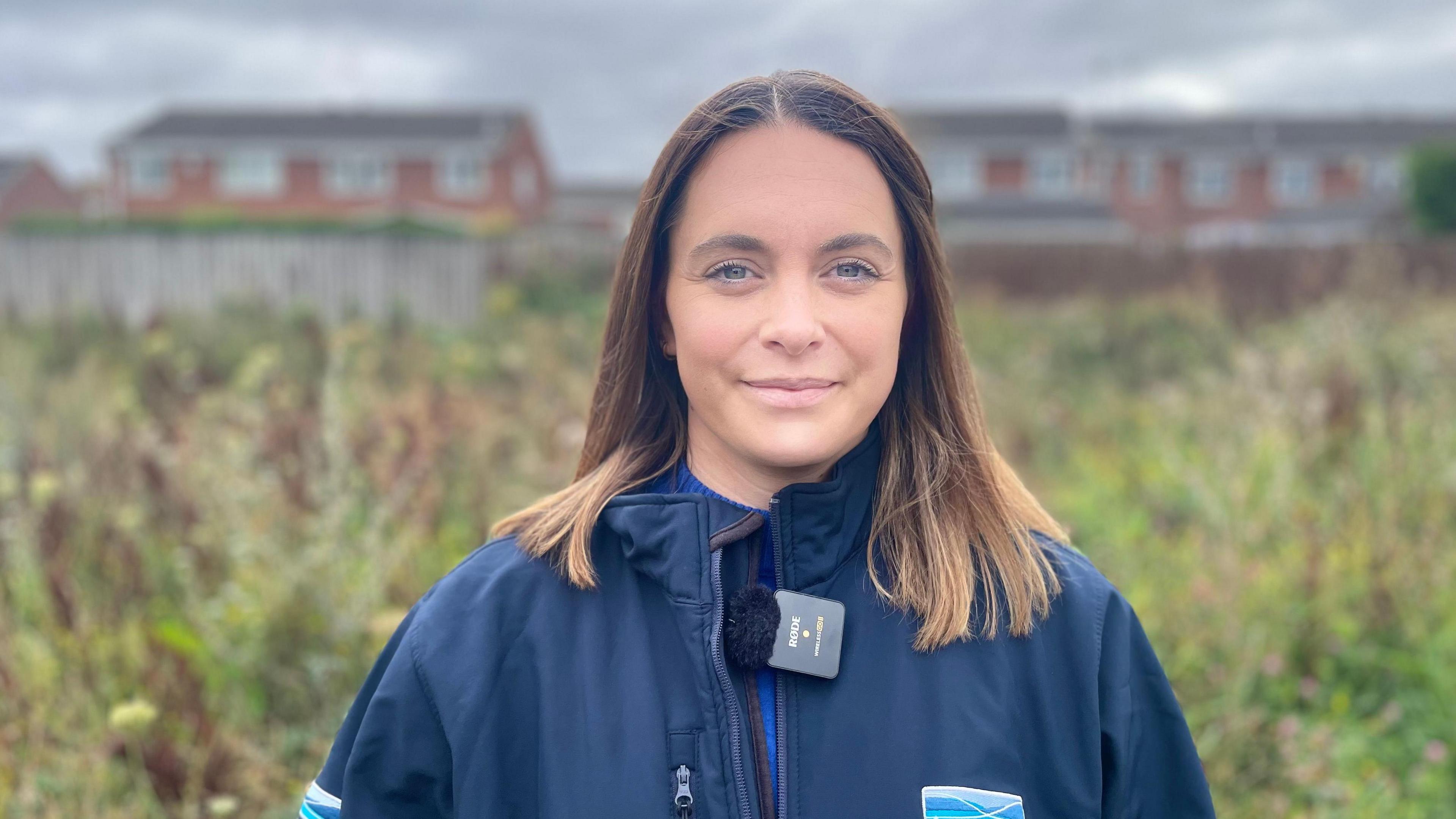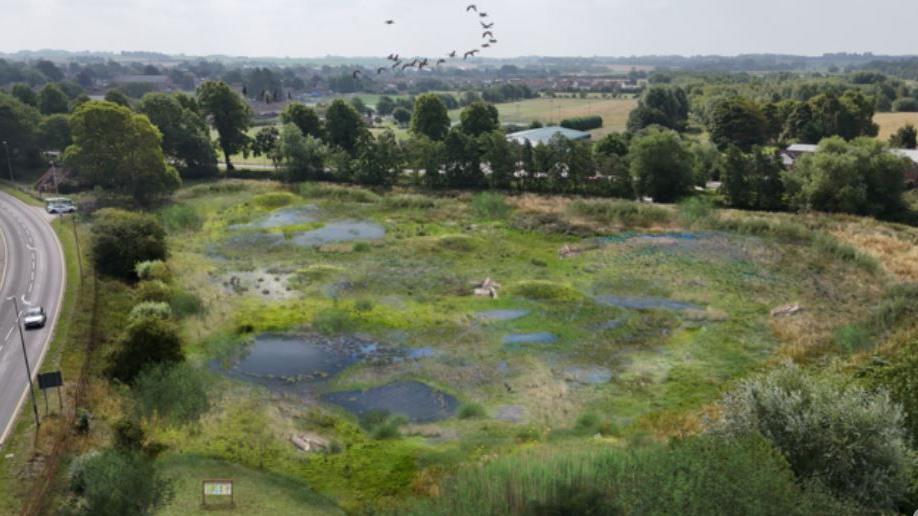Flood resilience lab opens at city aquarium

The launch coincides with the Environment Agency's annual flood awareness campaign
- Published
A facility aimed at supporting businesses to design and develop products to make communities more flood resilient has opened in Hull.
The Property Flood Resilience Laboratory has been developed in conjunction with the University of Hull, the Environment Agency and insurers Flood Re.
Opening the facility, which is located at The Deep aquarium, floods minister Emma Hardy said: "Floods devastate lives and livelihoods."
The launch coincides with the Environment Agency's annual flood awareness campaign which urges households and businesses to take proactive steps to reduce risk.
Hardy, who is also MP for Hull West and Haltemprice, said the laboratory would use the latest technology to bring to market new products "vital for protecting properties from flooding".
She urged people to take simple steps to protect their homes from flooding this winter.
Around eight million properties in England - or one in four - could be at risk of flooding by 2050 as the danger increases due to climate change, according to the Environment Agency.
Prof Stuart McLelland, research lead at the new facility, said flooding was one of the most urgent climate challenges facing the UK.
"Despite the ongoing impacts from past flooding events and increasing future risk, we are not sufficiently prepared for the consequences of climate change," he said.
"We can't prevent flooding altogether, but we can accelerate measures to better protect properties when flooding happens," he added.
Listen to highlights from Hull and East Yorkshire on BBC Sounds, watch the latest episode of Look North or tell us about a story you think we should be covering here, external.
Download the BBC News app from the App Store, external for iPhone and iPad or Google Play, external for Android devices
- Published20 August

- Published12 November 2021

- Published8 October
